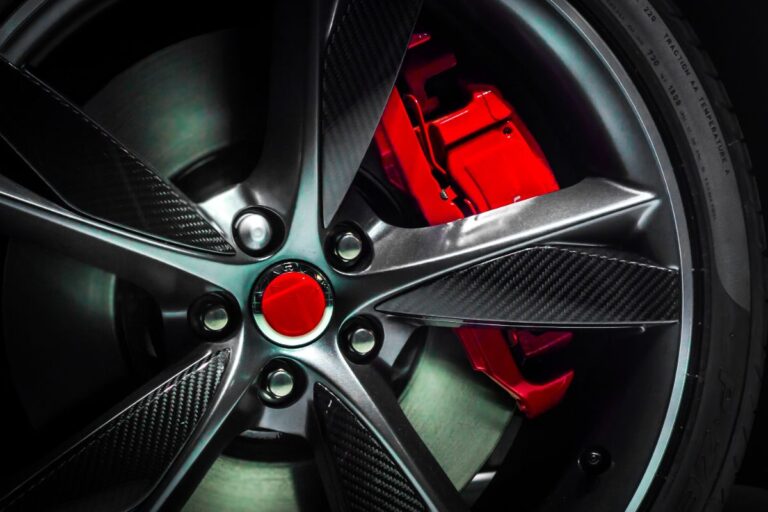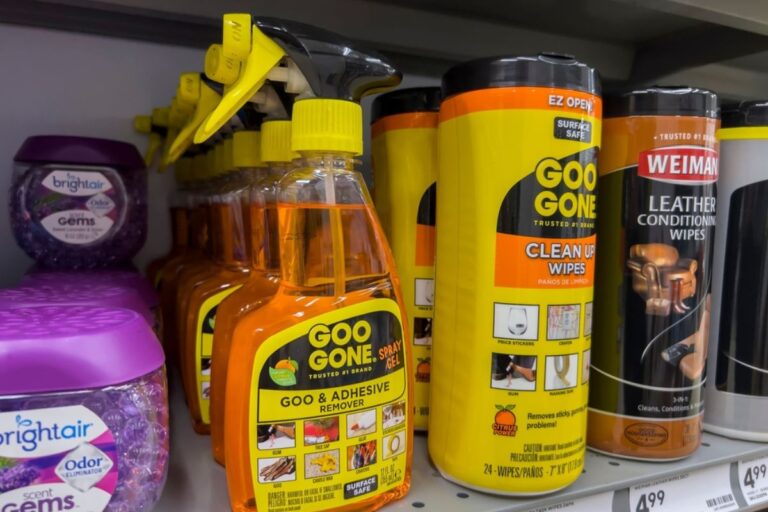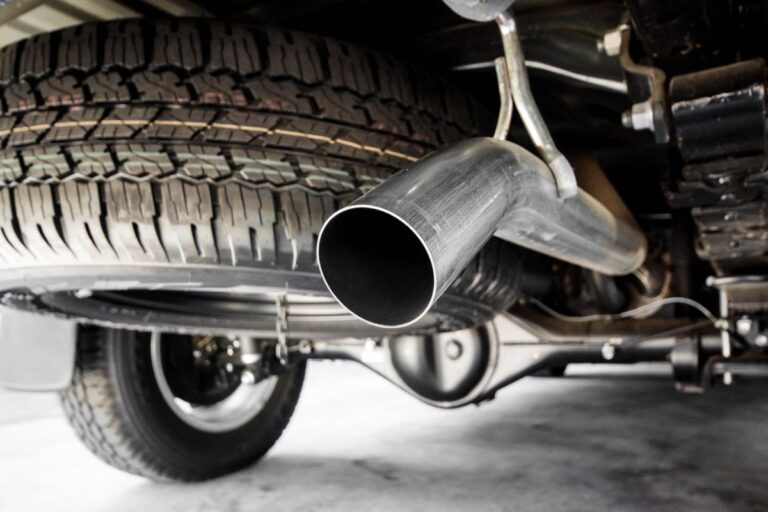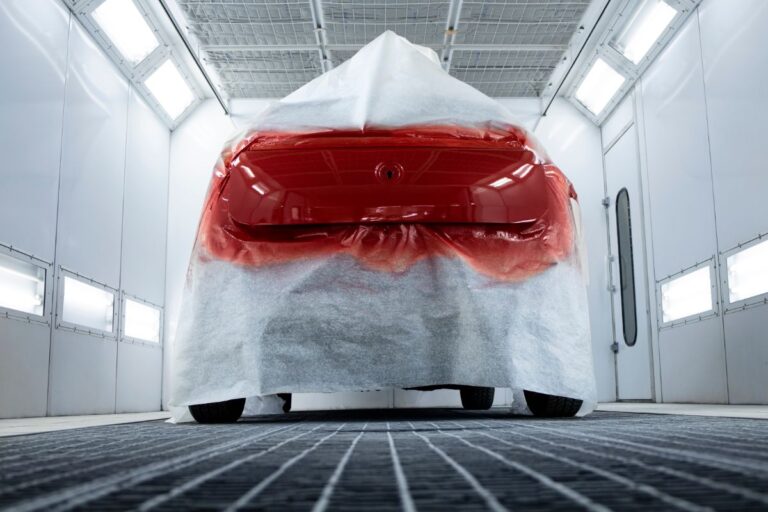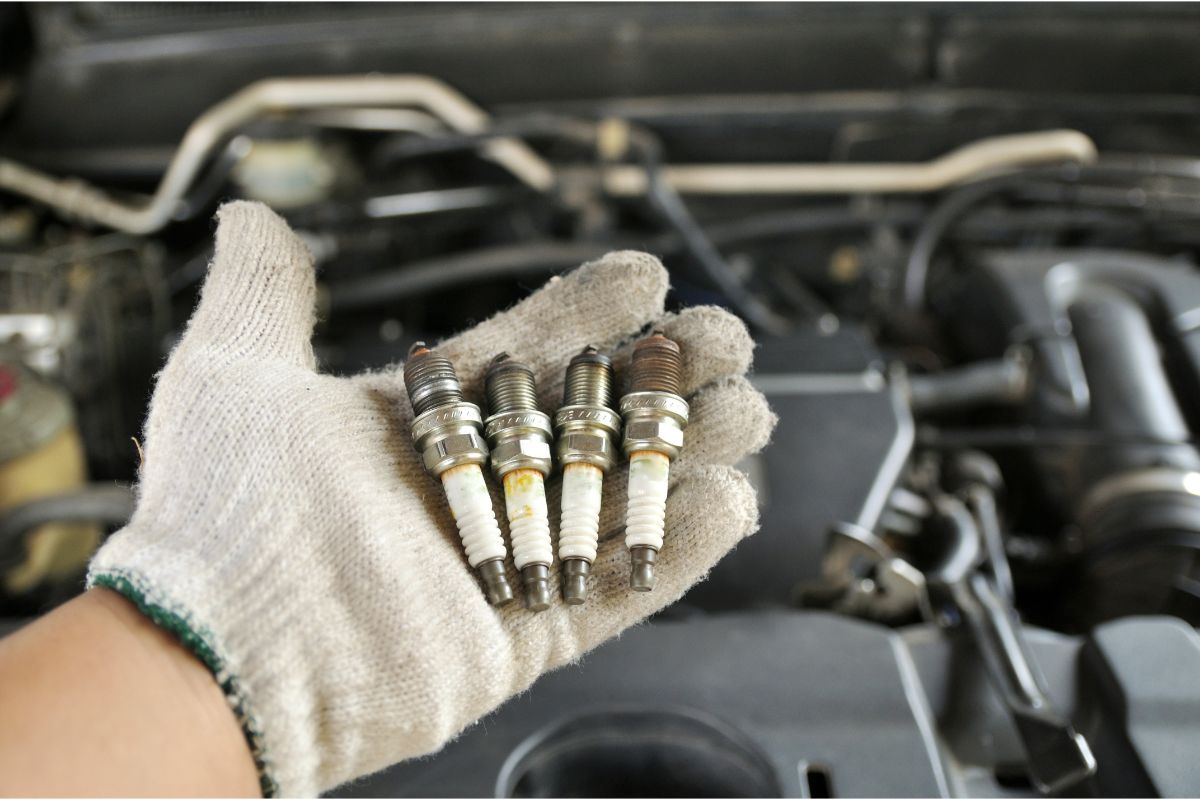
I learned you should change your spark plugs on older cars about once every 30,000 miles. However, it depends on the total number of miles you have driven your car so far.
Related: Do EVs Have Spark Plugs?
At what mileage should you change spark plugs for the first time?
“If you buy a new or late-model used car, chances are you’ll change vehicles before you need to change the spark plugs.”
That’s what Rick Popely of Cars.com said in 2020. That’s not necessarily true though. Some newer vehicles (and even some older ones) can last 300,000-400,000 miles. I do agree with Popely’s recommendation, however. I suggest changing the spark plugs for the first time after you have driven 100,000 miles.
Manufacturer Specific Recommendations
Popely from Cars.com also says that recommendations for vehicles made between 2010 and 2022 may influence how often you change your plugs. For instance, a Toyota Corolla RAV4 or 4Runner may not require a change until after 120,000 miles.
On the other hand, the F-150 and Explorer Ford vehicles do have a 100-mile spark plug replacement recommendation set. You may have to change your Toyota 86 coupe or BMW X3 plugs at only 60,000 miles though. However, this recommendation may be for cars made in 2001-2004, not for later model vehicles produced between 2017-2022.
What are signs you need new spark plugs?

You may need new spark plugs if your engine idles louder than it did before. Faulty plugs may also trigger your dashboard “check engine” light to turn on.
Sluggish acceleration and using more fuel than you did in the past also may mean you need new spark plugs. Otherwise, you may hear your engine “pop” or shake and experience a sudden loss of power.
According to Henry Cesari of Vehicle History, your car may not even start at all if you have bad spark plugs:
“When spark plugs malfunction, so does your engine. Worn or fouled plugs may prevent a cylinder from firing consistently. Or they may spark at the wrong time in the combustion cycle. There are several ways these problems manifest”
Let’s just hope it doesn’t get to that point (not starting) before you change your plugs. Your local mechanics may have information for you about when it’s time for replacements. Follow their advice as soon as possible.
Can you replace spark plugs one at a time?
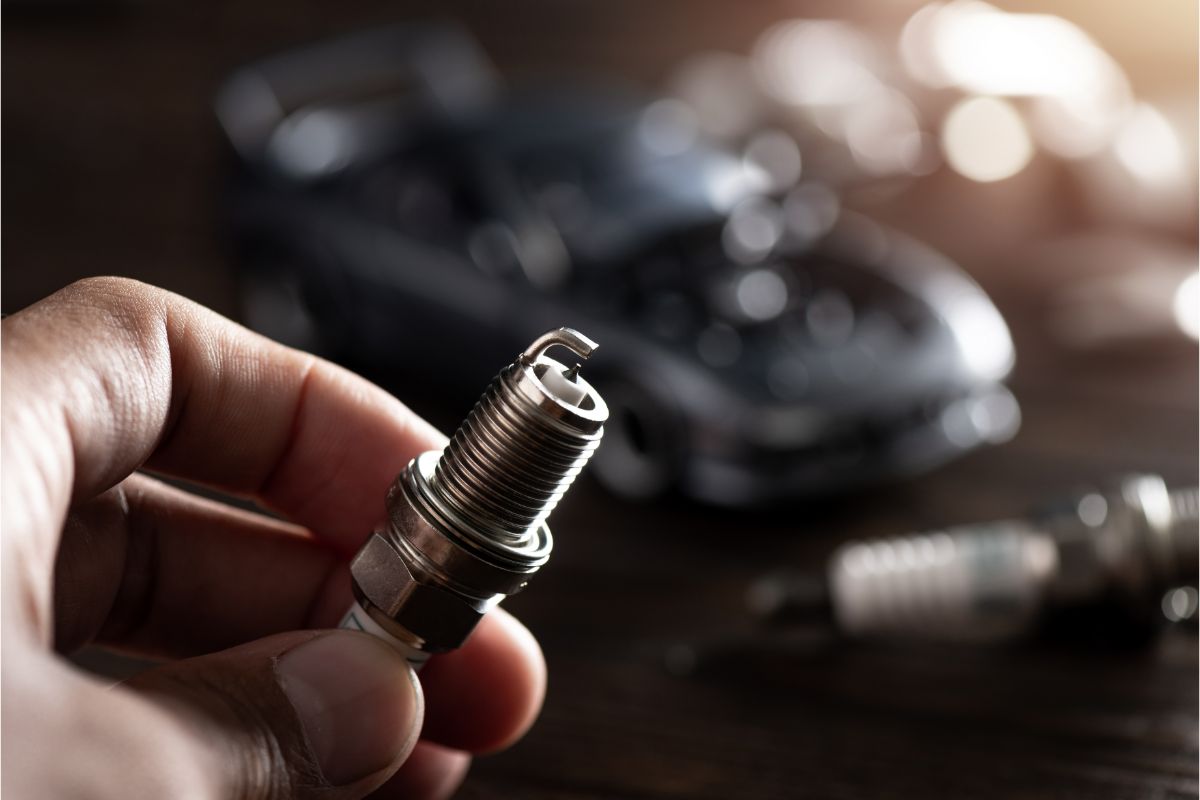
You can, but it’s better to change them all at once. I suggest only replacing them one at a time if you know how to diagnose the condition of the plugs you plan to swap.
Besides, I found out it could cause running problems if you don’t replace all plugs simultaneously. That makes sense to me because the used plugs may not perform as well as the new plugs. It may not do any good to just change some of your plugs in most cases.
Can I change my spark plugs myself?
“Changing spark plugs is an easy job—provided you have the proper tools, equipment and expertise,” says NAPA Canada on Reader’s Digest.
If you attempt a do-it-yourself spark plug change, beware of issues though. For instance, you should cool the engine completely before doing this. You also may need to know how to adjust the “proper gap” for your engine. Consult your owner’s manual for this.
Beware of accidentally mixing up spark plug wires too. Label each one with color-coded tape if you have to, but don’t confuse them with one another.
What tools do I need to change my spark plugs?
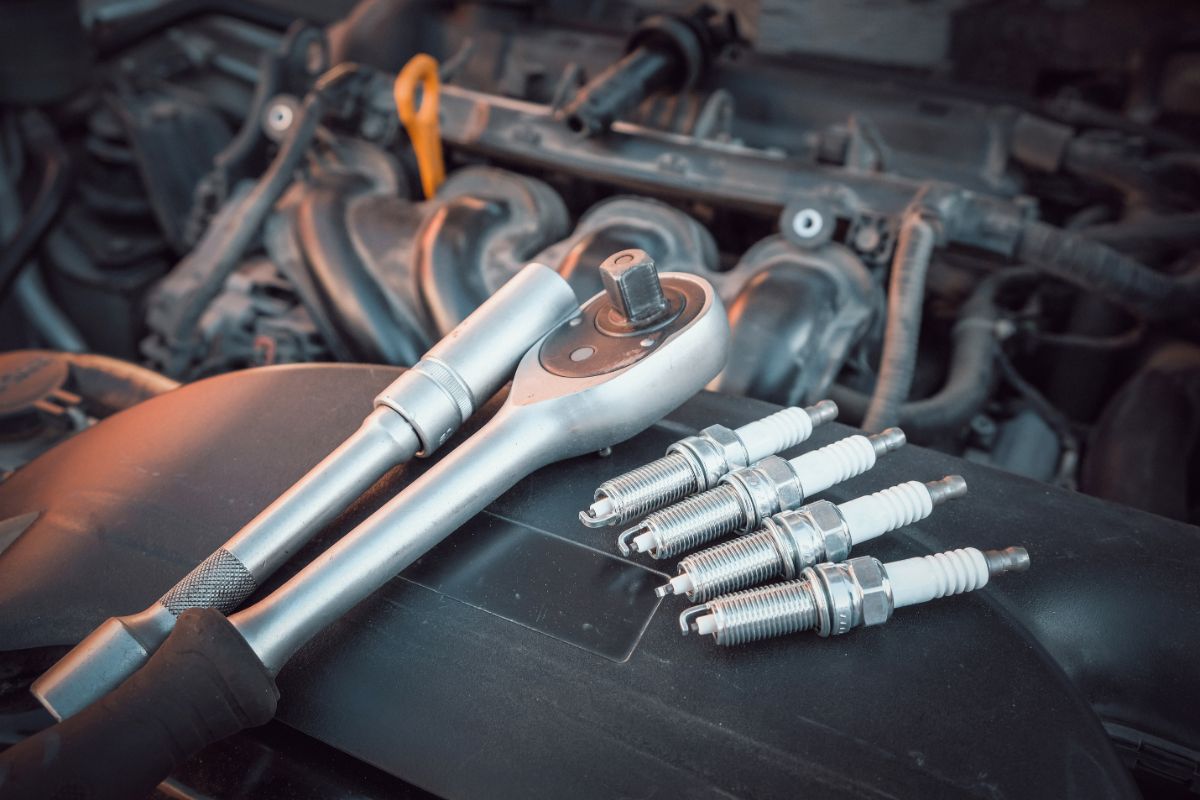
For most engines, you will need a spark plug wrench. Alternatively, you could use a socket and ratchet designed for spark plugs. It’s wise to have a plug gap gauge on hand, and don’t forget a torque wrench.
The hose you need (if you do) is usually 5/16 inches in diameter and about 6 inches long. Have a few rags and a brush on hand to clean up your work area before and after starting too.
How do you find the right replacement spark plugs?
Looking up the make, model and year of your vehicle is the easiest way. You can also compare the replacement hex, diameter, thread pitch and length with the old one.
It also should have a similar heat range. Additional spark plug matching tips will help you change them if you’re replacing them yourself.
The most important part of this is that you have to fit them where you removed the old ones. Not matching the thread size will cause them to come loose or not fit into the socket at all. However, fitting them where they belong isn’t the only consideration.
You must have the exact spark plug match for your vehicle, as far as I know. That doesn’t mean they have to be the same brand, but they need to be an exact match.
Do the replacement plugs have to be the same brand?
Using the same brand or the plugs originally made for your vehicle is best. The only exception is if you order OEM (original equipment manufacturer) parts made for your vehicle. OEM components often cost less than brand-name ones.

